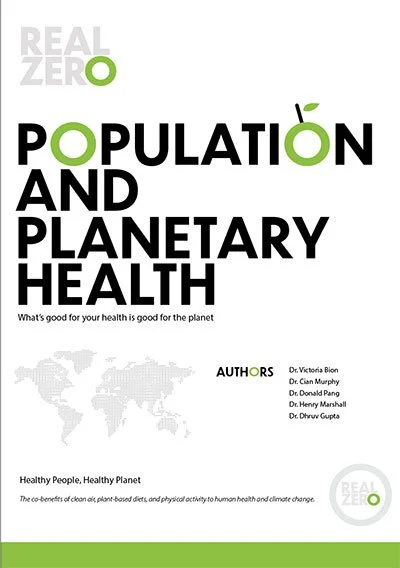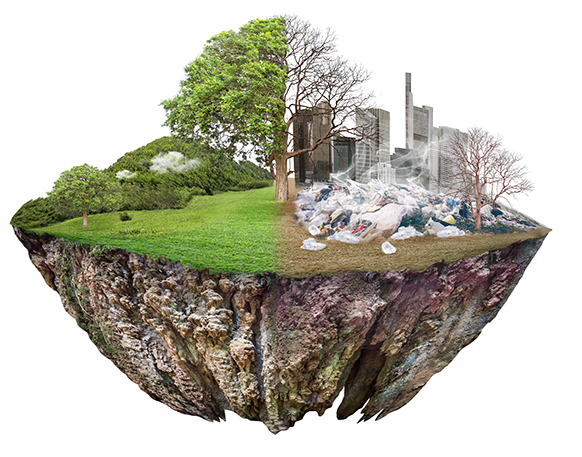seasonal & local where possible
Why?
Food supply chains account for over 1/3 of greenhouse gas (GHG) emissions.[i]
About 1/4 of global heating results from methane – 80x as powerful a GHG as is carbon dioxide (CO₂) over a 20-year period, but which also clears from the atmosphere much more quickly.[ii]
Food production accounts for substantial methane release - from fermenting rice fields and (belching) ruminant animals (cows, sheep).
1kg beef is responsible for the release of 60kg carbon dioxide equivalent (CO₂e/kg)
1kg cheese accounts for 20kg CO₂e.[iii]
Pasteurising and refrigerating dairy products have a huge energy cost. Food transport also has a large carbon footprint. Overall, food production accounts for 34% of global GHG emissions, and 73% of tropical and subtropical deforestation.[i]
Refrigeration of food in the UK alone accounted for 12,900,000 tonnes CO₂ emissions in 2023 [iv], and 20% of GHG emissions related to food come from transport.
Choosing a plant-rich diet (more vegetables, nuts, seeds, fruit: less dairy; meat less often, in smaller portions, and poultry or pork not beef or lamb) thus has a really big and fast impact on climate change. But it is also really healthy! [v]. See our report!
The BBC have provided a calculator that offers an illustration of the impact that changes in your diet can make.
27% of global heating results from methane. Food production accounts for substantial methane release.
Move away from meat and dairy and, where possible, buy food that is local and seasonal (meaning that it has been flown or shipped less far, and refrigerated less). You can be vegan or vegetarian if you want, but otherwise move to a plant-based diet - eating meat infrequently and making that meat poultry, or perhaps pork, when you do.
Not eating ultra-processed foods reduces associated health risks, as described by the British Heart Foundation (BHF) and the British Medical Journal (BMJ), whilst also avoiding the emissions of manufacture.
Fork Ranger provide some really good resources, recipes and information - and an app. There are also some great and convenient ways to get deliveries of local and seasonal vegetables such as Riverford who offer seasonal fruit & vegetable boxes, as do Abel & Cole.
Alternatively, Oddbox are on a mission to fight food waste and sell fruit and vegetables that are otherwise wasted, due to inconsistent size and shape.
Increasingly, high street supermarkets offer low-cost vegetable boxes with content close to its sell by date such as the Sainsbury’s ’taste me, don’t waste me’ boxes.
We also need our hospitals to provide a plant-based diet to our patients, staff and visitors - as New York has done.
Greener By Default have delivered success in both healthcare, higher education and events, but also private businesses. They support organisations to make this switch to improve the health of their patrons and reduce costs - but also reduce carbon emissions.
Read our latest report:
What’s good for your health is good for the planet.
The co-benefits of clean air, plant-based diets, and physical activity to human health and climate change.








